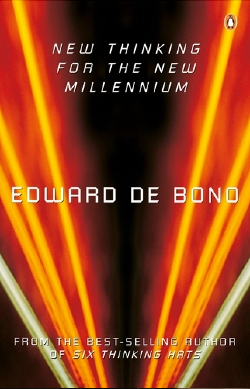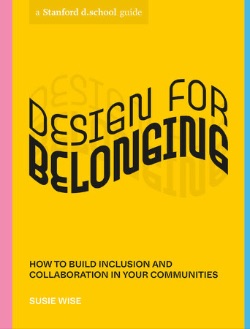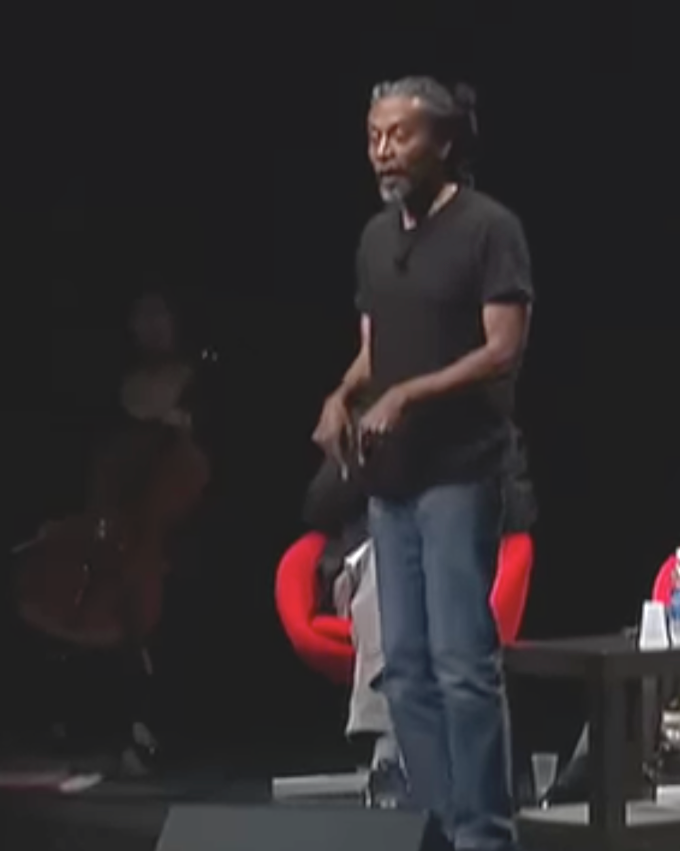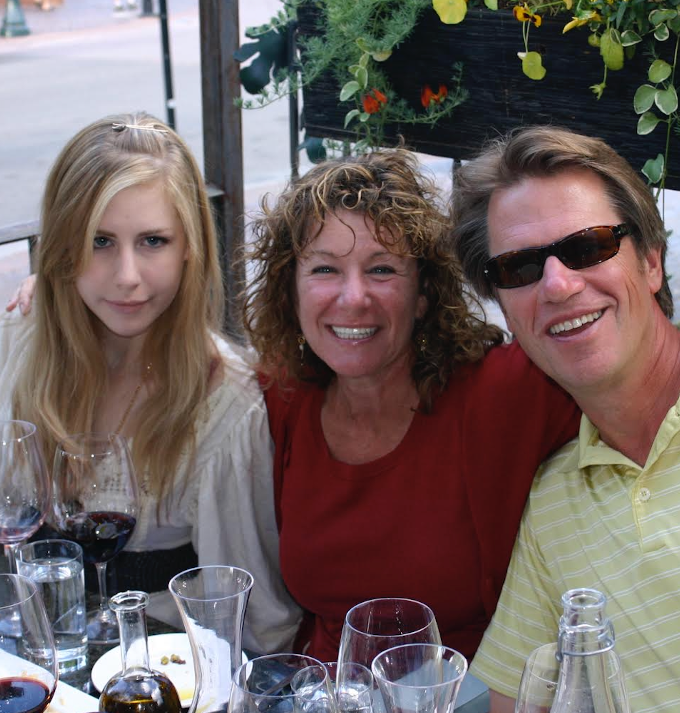November 14, 2025
Learning
“If you do not design the future, someone or something else will design it for you.”

Here’s a delightfully radical perspective: we do not need to suffer the future. In fact, since the future exists only as a conceptual exercise in possibility, we have every reason to enjoy it.
During his prolific life (1933–2021), physician, psychologist, inventor, author, and consultant, Edward De Bono wrote 80 books. In 1967 he introduced the idea of lateral thinking, a problem-solving approach that generates solutions by thinking from unexpected angles rather than following standard, step-by-step logic. He was also an early proponent of design thinking. In his 1999 book New Thinking for the New Millennium, he called for a shift away from Western thought’s dominant modes—analysis, judgment, and criticism, focused on “what is”—toward a new paradigm grounded in design and creativity.
In this book he suggested that too many of us “suffer” the future. We passively endure whatever comes, he said, because we haven’t taken an active role in shaping it.
De Bono insisted that enjoying the future is not only possible but essential. It begins with imagination, boldness, and a practical optimism that asks not just “What is?” but “What can be?” The alternative, he warned, is to become passive consumers of change—spectators rather than creators.
His message is a call to all of us to abandon the old operating system of critique and become enthusiastic, experimental architects of what comes next. He encourages everyone not just to accept the future or avoid it, but to enjoy the very act of shaping it.
“You can analyse the past, but you need to design the future. That is the difference between suffering the future and enjoying it.”
“We may need to solve problems not by removing the cause but by designing the way forward even if the cause remains in place.”
“Possibilities play a much bigger role in thinking than most people believe. Without possibilities you cannot make progress.”
BOOK: New Thinking for the New Millennium




